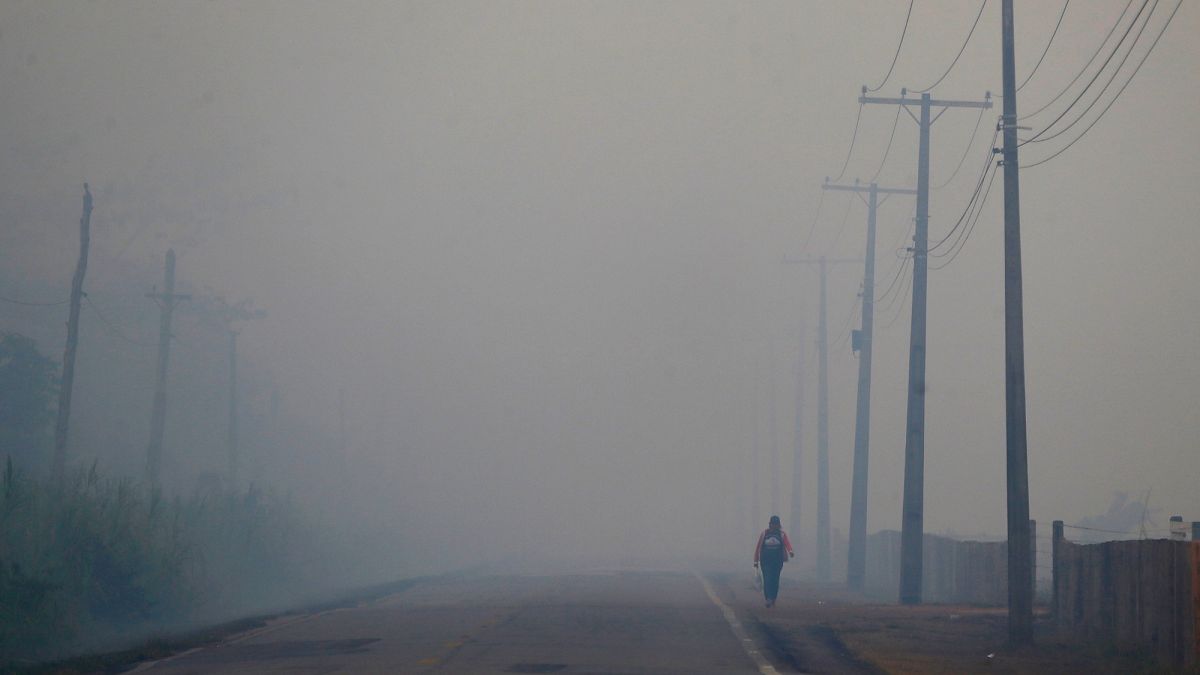

The summer of 2025 has emerged as a pivotal moment for environmental dialogues, marked by significant legislative movements and extraordinary natural occurrences in various parts of the world. Recent developments in Brazil, Spain, Europe, and Australia underscore the enduring and interconnected challenges posed by climate change and environmental policy. As we navigate these concerns, a calm and mindful approach remains crucial to fostering resilience and understanding.
In Brazil, the recent passage of a bill dubbed by critics as a “devastation bill” has sparked considerable debate. This legislation eases environmental regulations, stirring concerns among environmental advocates who view it as a severe setback for conservation efforts. The bill introduces modifications that could potentially increase deforestation rates, a prospect that has garnered widespread criticism from within Brazil and the global community. Despite these fears, Brazilian lawmakers who support the bill argue that it is designed to advance economic development and improve living standards. The juxtaposition of economic growth and environmental preservation continues to be a complex balancing act for governments worldwide.
Across the Atlantic, Spain is dealing with the immediate challenges of natural disasters. A wildfire near the town of Méntrida has rapidly spread, casting a thick veil of smoke over Madrid and necessitating evacuations. This incident is a stark reminder of the increasing frequency and intensity of wildfires in Europe. According to experts, a “perfect storm” of heatwaves, drought, and insufficient forest management has fueled these fires, resulting in the burning of approximately 232,000 hectares, an expanse comparable to the size of Luxembourg. These conditions highlight the critical importance of proactive environmental management and climate adaptation strategies.
Recent wildfires near Martigues in France present a tale of challenge and control. After twenty-four hours of relentless effort, firefighters have managed to contain the fire, showcasing the power of coordinated response efforts. However, the work is far from over, as hundreds of firefighters remain vigilant, ensuring that any lingering embers do not reignite the blaze. Such events bring to light the heroic dedication of emergency responders and the necessity for community preparedness in the face of natural calamities.
Meanwhile, in Australia, environmental and economic policy discussions have stirred concerns among green groups. There is apprehension that the upcoming economic reform summit, organized by Treasurer Jim Chalmers, will disproportionately prioritize business interests over environmental considerations. With only one representative from the environment sector invited, the Australian Climate and Biodiversity Foundation chair Ken Henry, environmentalists fear their voices may be marginalized. This situation underscores the ongoing discourse over finding equitable solutions that harmonize economic development with environmental stewardship.
In these challenging times, it is essential to embrace a calm and reflective perspective. Recognizing the interconnected nature of these issues allows for a more holistic understanding and paves the way for innovative solutions. As communities around the globe face these environmental challenges, fostering dialogue, collaboration, and mindfulness can help guide more sustainable paths forward. The coming months and years will be critical as nations continue to balance economic pursuits with the imperative to protect our shared environment.
Source: {link}
